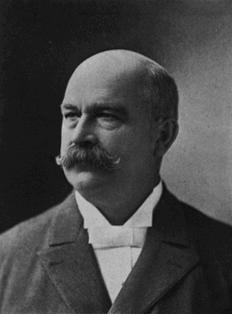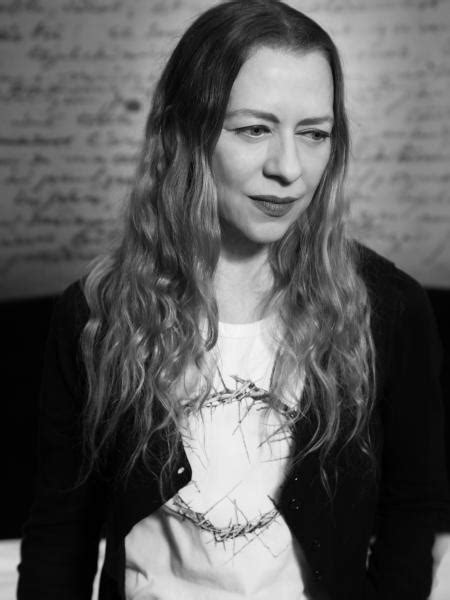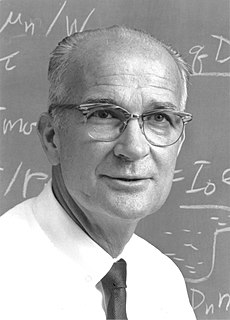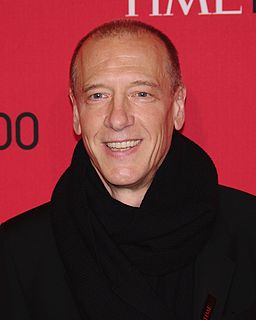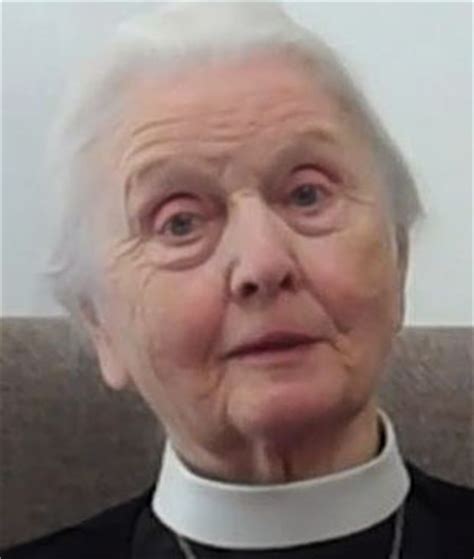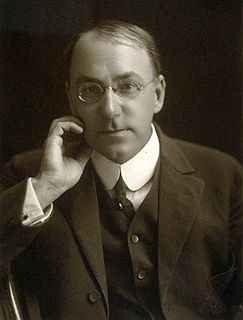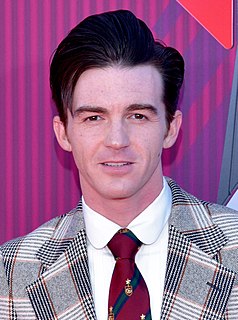A Quote by Northrop Frye
Work, as we usually think of it, is energy expended for a further end in view; play is energy expended for its own sake, as with children's play, or as manifestation of the end or goal of work, as in "playing" chess or the piano. Play in this sense, then, is the fulfillment of work, the exhibition of what the work has been done for.
Related Quotes
Work and play can be the same. When you are following your energy and doing what you want to do all the time, the distinction between work and play dissolves. Work is no longer what you have to do, and play what you want to do. When you are doing what you love, you may work harder and produce more than ever before, because you are having fun.
But what is work and what is not work? Is it work to dig, to carpenter, to plant trees, to fell trees, to ride, to fish, to hunt, to feed chickens, to play the piano, to take photographs, to build a house, to cook, to sew, to trim hats, to mend motor bicycles? All of these things are work to somebody, and all of them are play to somebody. There are in fact very few activities which cannot be classed either as work or play according as you choose to regard them.
If you take a bale of hay and tie it to the tail of a mule and then strike a match and set the bale of hay on fire, and if you then compare the energy expended shortly thereafter by the mule with the energy expended by yourself in the striking of the match, you will understand the concept of amplification.
If the music in a groove fits with what you're playing, then play it; if not, then you can play it backwards. If that doesn't work, you try it at a different speed. If it really doesn't work you just break it. The whole ritual to put a record on a turntable just to listen to it, I don't do that too often.
Play exists for its own sake. Play is for the moment; it is not hurried, even when the pace is fast and timing seems important. When we play, we also celebrate holy uselessness. Like the calf frolicking in the meadow, we need no pretense or excuses. Work is productive; play, in its disinterestedness and self-forgetting, can be fruitful.
But I hope to maintain my credibility after I stop playing. Because, yes of course, now I play and I score goals and children all over are mad about me. Not just poor children - all children. We can make them really happy by the way we play, though I have to say that it's the poor ones that I think of most, the ones who can't come and watch the games at the stadium. We mean so much to them. That's why I'm so committed to this work. Later, after you've stopped playing, it's harder to have the same impact. But I will give it a go. I want to continue doing this kind of work for ever.

